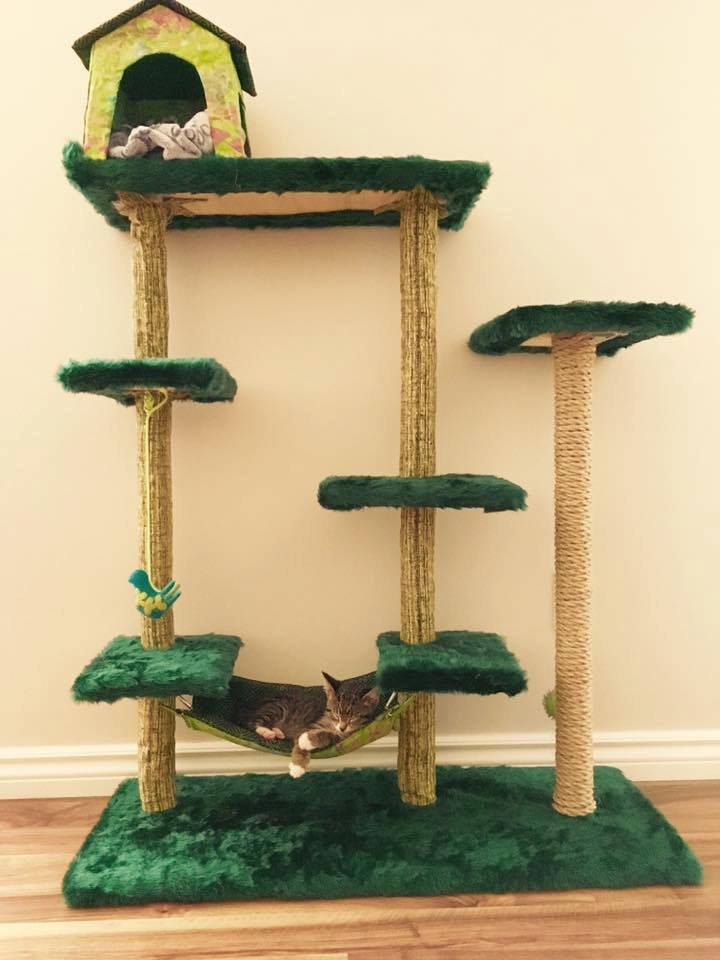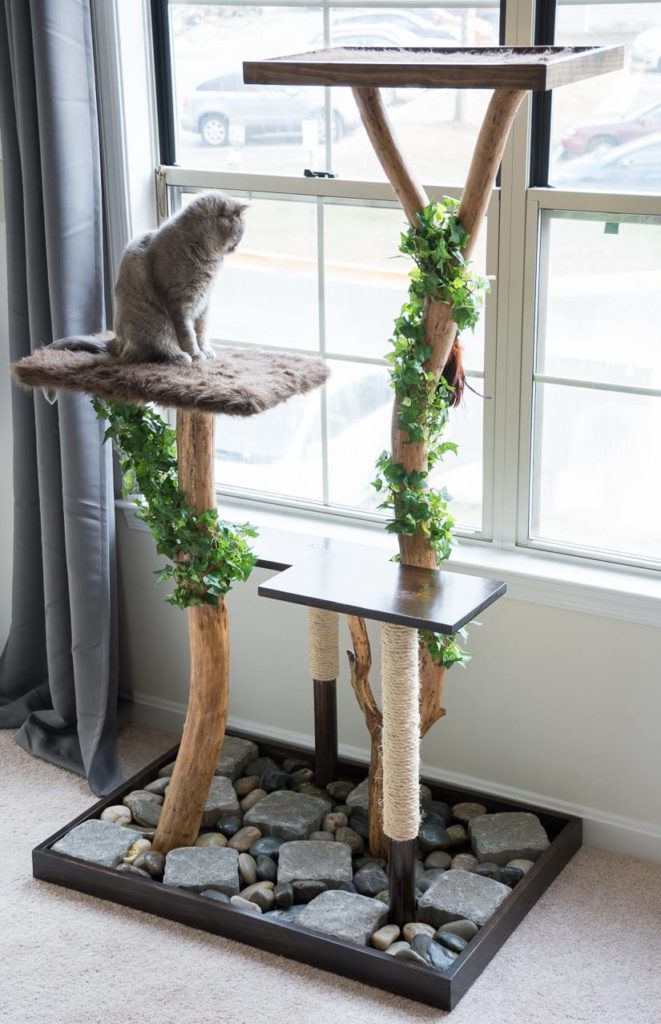Where do I Turn Now? Some of the TOP reasons we have to rehome our pets
It’s never an easy choice to give away a pet- whatever your reason, wherever she goes, most people struggle with the decision and have exhausted every avenue possible to avoid it!
Studies from all over the world tell us the same sad stories that we hear on a daily basis here in Canada. The struggle of rehoming or relinquishing a pet is certainly not limited to Edmonton, Alberta, Canada or even North America! Studies as far away as Japan cite the same few reasons over and over… proof, to us, that there are a few major reasons that people give away their pets, and a few major changes that we can make to try to help avoid the inevitable.
Moving

In almost every study you’ll come across on surrendering animals, moving is cited as the number one reason people have had to give away a pet. The Society for the Prevention of Cruelty to Animals (S.P.C.A.), UK adoption agency Pets4Homes, American Humane Society, Animal Alliance of Canada, and Animal Walk Tokyo all list moving as one of their top five (to eight) reasons to surrender a pet!
In tough economies like Alberta’s, finding pet-friendly accommodation can be hard, especially one that is affordable. Sometimes, even pet-friendly rentals have size, or breed, restrictions. The S.P.C.A. recommends starting your search for new accommodation MONTHS in advance, and even offering no-pet landlords reference letters, meet-and-greets, or pet deposits to help sway their decision. Check out our blog on renting with a pet for more great information on your rights as a pet-owning tenant!
Behavioural Issues
Miller et al. (1996) found that the most common reason people decided to surrender their dogs were due to behavioural issues, especially hyperactivity – and not much has changed in the last 20 years! Puppies and kittens are deceptively cute, but they come untrained, undisciplined, and with lots of energy. Common problems like biting, house soiling, and too much energy are cited in studies across the United States.
It’s important to remember that animals aren’t born with behavioural problems, rather, they are either taught them or are attempting to tell you something is wrong. You can consult a trainer or a veterinarian to help correct behavioural problems in older animals, and help rule out medical concerns or dissatisfaction with the home. Start training young with puppies and kittens. Always use positive reinforcement – animals, like humans, don’t want to be hit or scolded when they do something wrong. Often, they don’t quite understand why they are being punished. Exercise and stimulation is also a huge part of pet ownership – a bored animal can become depressed, anxious, or aggressive. Check out our blog on litterbox issues to help correct one of the common behavioural concerns among felines.
Allergies
Surprisingly, although allergies are commonly cited in studies about animal surrenders, they are not always in the top five! We do commonly see cat allergies as a frequent reason to rehome, as confirmed by the S.P.C.A., Animal Alliance of Canada, Animal Walk Tokyo, and a few academic studies (Miller et al. 1996, Erikkson et al. 2009, Casey et al. 2009).
While allergies can be quite debilitating, it is always a good idea to make sure it is in fact the pet that is TRULY the cause, and try different means of keeping the house allergen-free. Check out our blog on how to live with pet allergies.
Babies!

In rescue, we sporadically see “having a baby” as one of the frequent reasons for surrendering a pet. The S.P.C.A., UK adoption agency Pets4Homes, and Animal Walk Tokyo also cite pregnancy as one of the most common reasons for relinquishment. It’s hard to understand from an outside perspective, but when financial concerns are not necessarily at play, families expecting a baby can always turn to history for help! There are many families that have responsibly and practically planned out the introduction of their new baby to their pets. There have been plenty of books, articles, and website blogs written about babies and pets, not only for help with introductions, but also on the benefits! Of course, it doesn’t ALWAYS work out as planned, but all we ask is that you are not so quick to dismiss your pet because there is a new baby – sometimes the bond they form will be the best thing for your home!
While this reason is also common among shelters, more likely, they are accepting babies! When pets have an unexpected litter, it can cause quite a bit of financial strain on their owners, and instead, the babies are surrendered to a shelter or a rescue for rehoming (NCPPSP 2009, Miller et al., 1996). This is why Zoe’s is such a huge advocate of spaying and neutering! The fewer unexpected litters, the more room we have to help animals off the streets. Check out our blog on clinics around Edmonton to keep your pet litter-free!
Lack of …
Finally, among studies, another one of the top common reasons found for surrendering was due to a lack of something, including space, time, finances, or knowledge. Often, as shown by the S.P.C.A, families find themselves without time or space to care for their pets. This could be due to changing relationships or domestic violence, (Pets4Homes, Animal Alliance of Canada), personal problems (NCPPSP, 2009) or a change in work or lifestyle (Animal Alliance of Canada, Pets4Homes, Salman et al. 1998). While we always want what is best for our pets, temporary changes in our lives don’t always have to be a reason to say goodbye! The S.P.C.A. suggests that “animals just want to be with their family and well looked after.” Sometimes it takes a friend staying over, hiring a dog walker, a membership to a doggy daycare, or more mental stimulation to help get your pets through changes in work or lifestyles. Some rescue groups will help provide temporary homes for victims of domestic abuse, or members of the military deployed overseas. Occasionally a lack of finances comes into play. Though we may have the means to care for a pet day to day, emergency veterinary bills or long-term illness in a pet might be a major game changer in our ability to take care of them (Pets4Homes, 2015). Major changes can prompt a decision to give our pets an opportunity for a better life, but remember, there very well may be wonderful people, in rescue or otherwise, waiting and willing to help you out. Check out some of the top Pet Insurance companies, such as Trupanion or PetSecure, for information of long-term financial care.
References:
American Humane Society & PetSmart (2012). http://www.companionanimalpsychology.com/2012/09/why-dont-people-want-pets-part-1-cats.html#sthash.PTscDWaQ.dpuf
Animal Alliance of Canada (2015). http://www.animalalliance.ca/faqs.html#Ineedtofindahomeformycatdogbird
Animal Walk Tokyo (2015). http://www.animalwalktokyo.org/people-give-pets/
Casey, R.A., Vandenbussche, S., Bradshaw, J.W.S., & Roberts, M.A. (2009). Reasons for relinquishment and return of domestic cats (felis silvestris catus) to rescue shelters in the U.K. Anthrozoos, 22 (4), 347 – 358.
Erikkson, P., Loberg, J., & Andersson, M. (2009). A survey of cat shelters in Sweden. Animal Welfare, 18, 283 – 288.
Kwan, J., & Bain, M. (2013). Owner Attachment and Problem Behaviors Related to Relinquishment and Training Techniques of Dogs Journal of Applied Animal Welfare Science, 16 (2), 168-183. http://www.companionanimalpsychology.com/2013/05/why-do-people-surrender-dogs-to-animal.html#sthash.H9PzCE3T.dpuf
Miller, D. D., Staats, S. R.. Partlo. C., & Rada, K. (1996). Factors associated with the decision to surrender a pet to an animal shelter. Journal of the American Veterinary Medical Association. 209. 738-742.
National Council on Pet Population Study and Policy (NCPPSP). (2009). http://www.petpopulation.org/statsurvey.html
Pets4Homes (2015). http://www.pets4homes.co.uk/pet-advice/the-top-five-reasons-people-give-for-re-homing-their-pets.html
Salman, M., New, J., Scarlett, J., Kass, P., Ruch-Gallie, R., & Hetts, S. (1998). Human and animal factors related to the relinquishment of dogs and cats in 12 selected animal shelters in the United States. Journal of Applied Animal Welfare Science, 1(3), 207-226.
Society for the Prevention of Cruelty to Animals (2013). http://www.spca.com/?p=6782&lang=en






